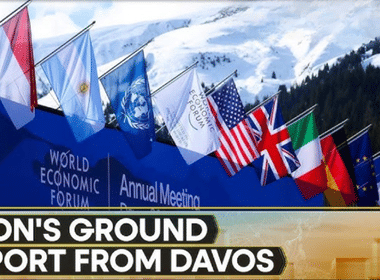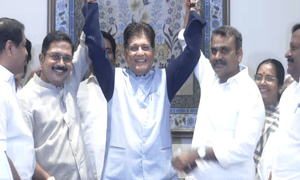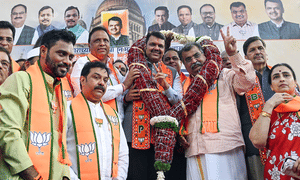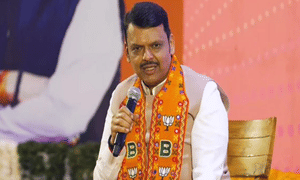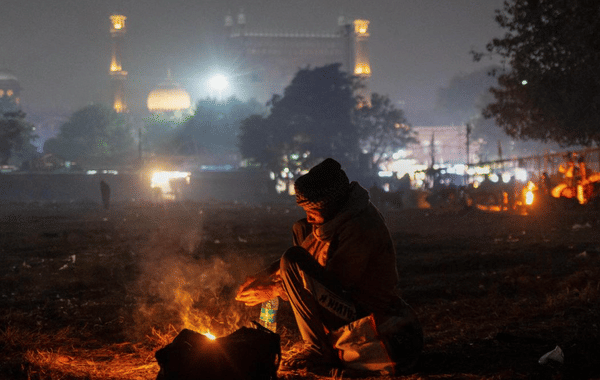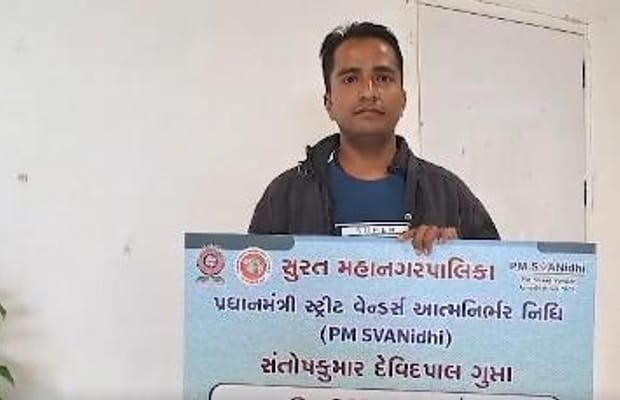

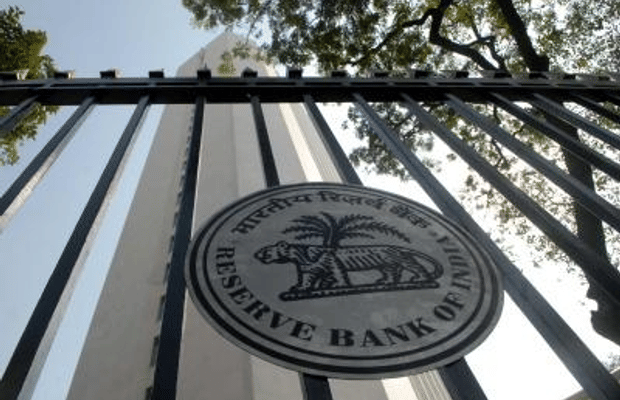
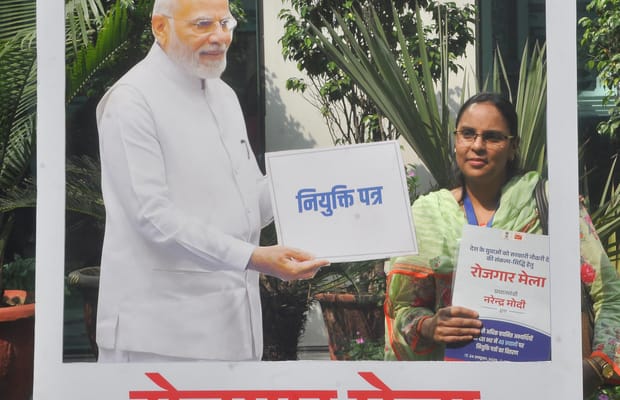
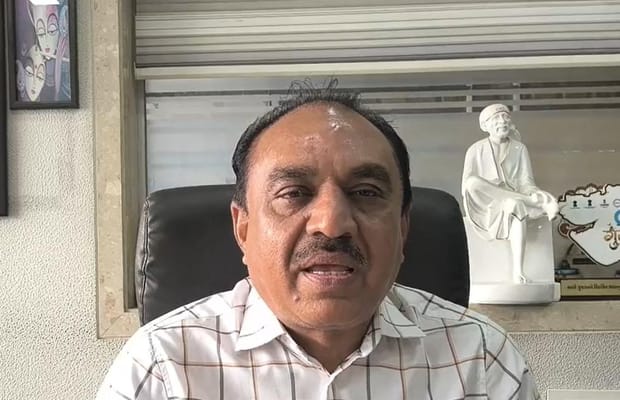
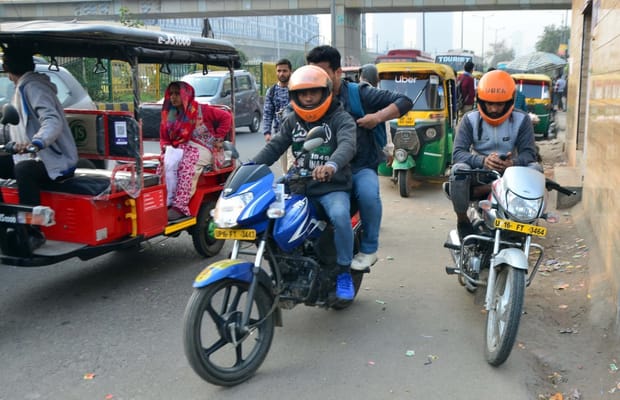
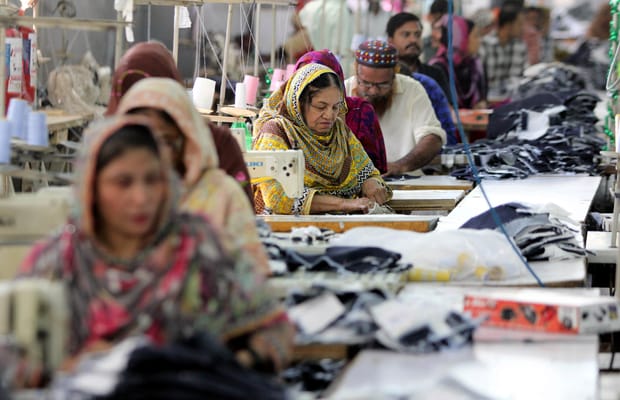
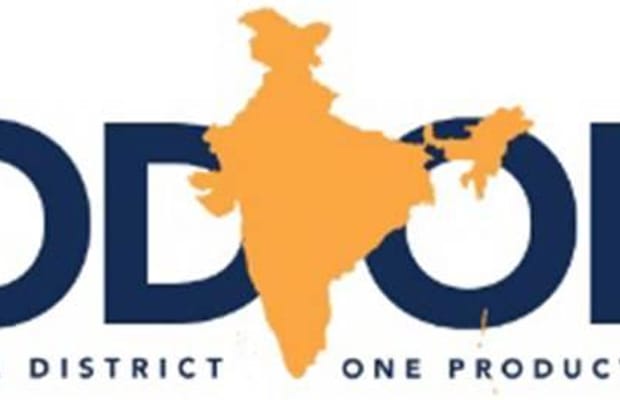
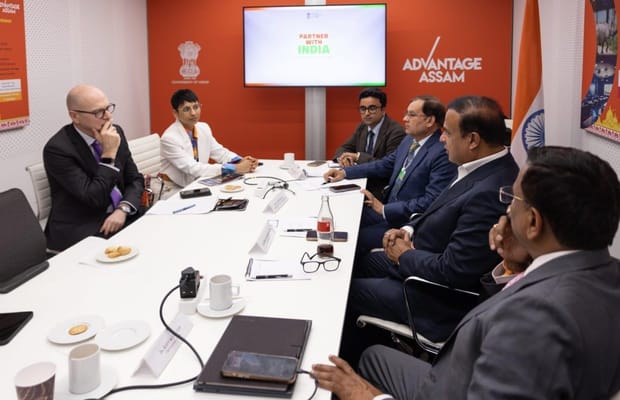
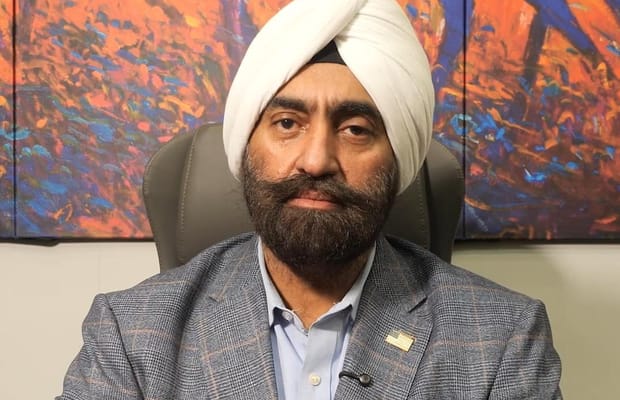
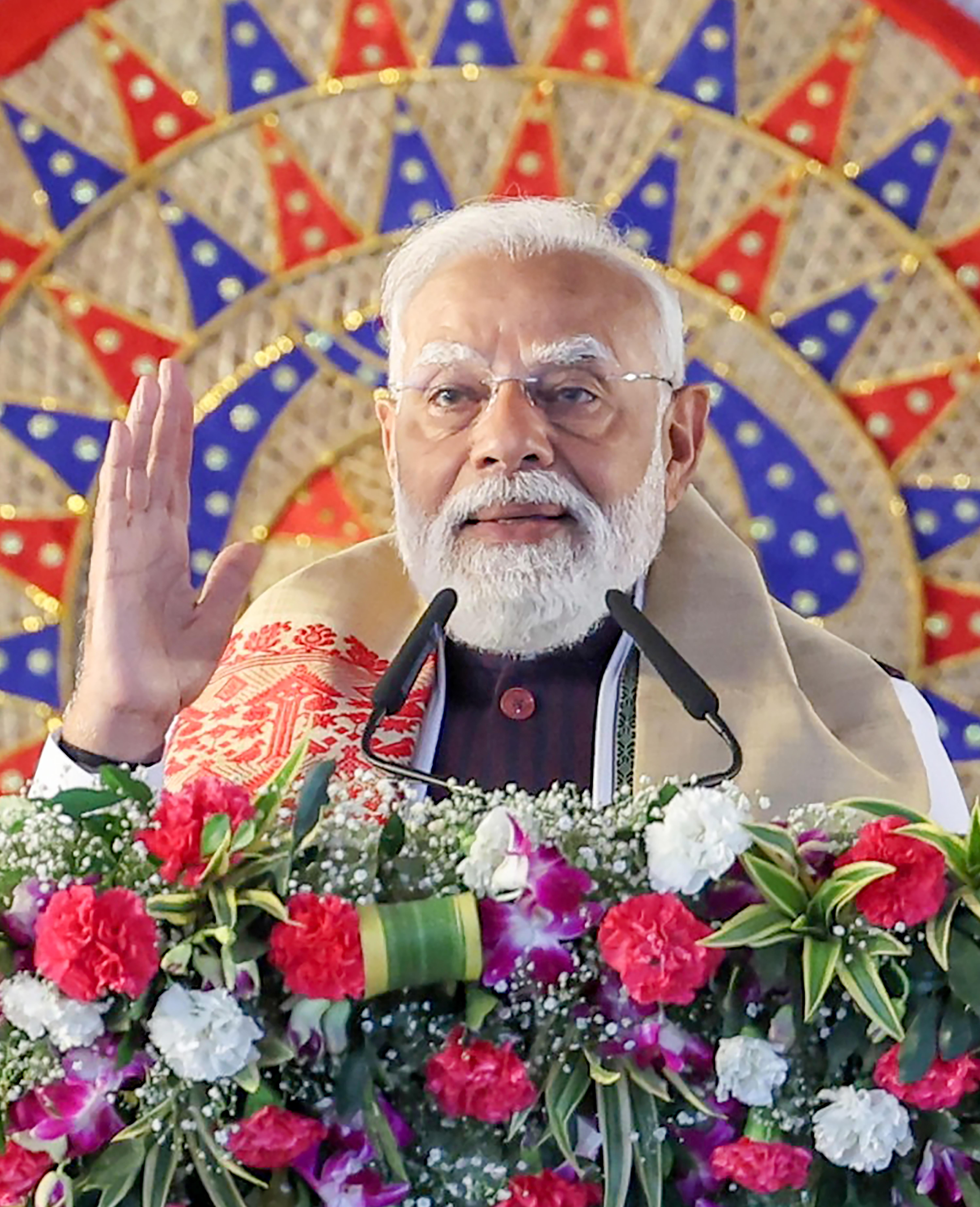
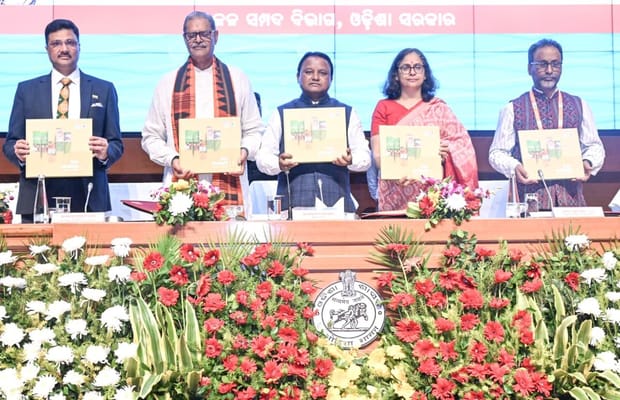
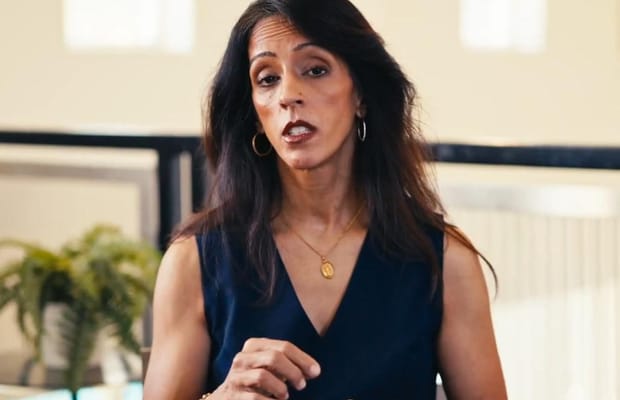
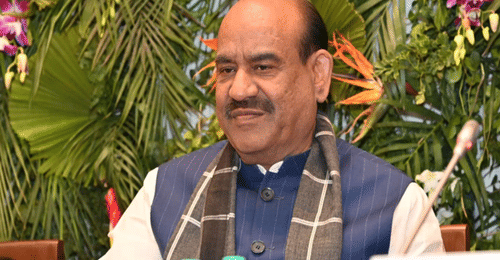
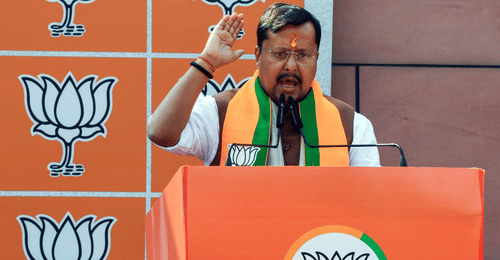
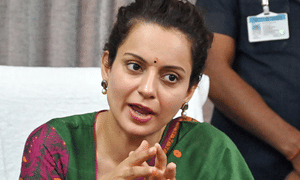
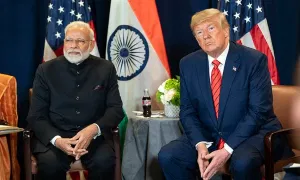


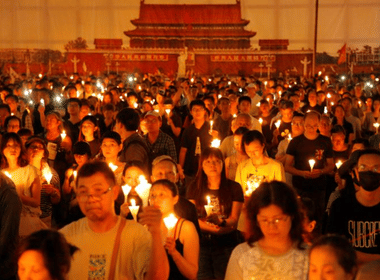




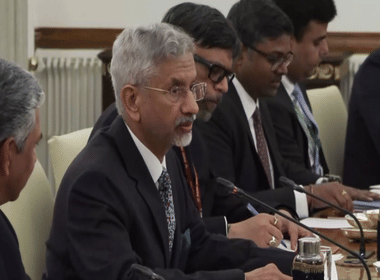
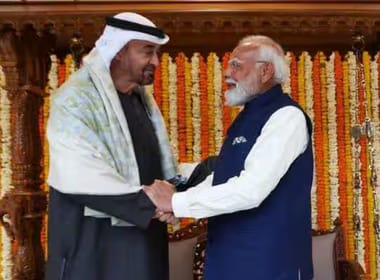

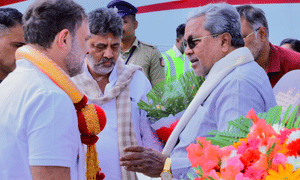

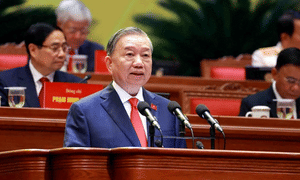
Vietnam’s top leader, To Lam, was confirmed on Friday, January 23, as the head of the ruling Communist Party for the next five years, according to the title displayed under his name during a press conference marking the conclusion of the party congress. The press conference is being held by the newly appointed general secretary, an official confirmed.
Following a meeting of the 180 members of the party’s central committee, who were elected on Thursday, the general secretary—considered the country’s most powerful position—was expected to be officially appointed on Friday. Lam, the incumbent, had sought to retain the role. However, no formal announcement had been made immediately after the committee’s session.
To Lam has held the position of party chief since mid-2024, succeeding the late Nguyen Phu Trong, the former general secretary. His confirmation underscores continuity in the party’s leadership as Vietnam prepares for the next five years under his guidance. The central committee’s endorsement signals strong internal support for Lam’s leadership, as he continues to oversee the Communist Party’s strategic direction and governance priorities.
This appointment comes at a time when the party congress brings together members to discuss key policy agendas, consolidate leadership decisions, and set the nation’s political course. Lam’s formal confirmation as general secretary cements his authority at the helm of Vietnam’s ruling party, ensuring he remains the country’s most influential political figure as the party advances its objectives over the next half-decade.
Disclaimer: This image is taken from Reuters.
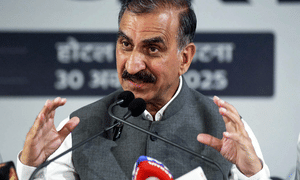
Himachal Pradesh Chief Minister Sukhvinder Singh Sukhu received a threat ahead of Republic Day, with an email warning of a possible suicide bomb attack during the flag-hoisting ceremony, officials said. The threatening email was sent to the official email ID of the Deputy Commissioner's office in Shimla, claiming the Chief Minister would be targeted if he attended the event.
Deputy Commissioner Shimla Anupam Kashyap confirmed the email and said it was forwarded to the police for action. A case has been registered against an unknown person at Sadar Police Station under relevant laws. The email came from an anonymous ID. Senior police officials stated that cyber experts are working to trace the source and location of the email, and efforts are ongoing to identify and arrest the sender. Additional security measures have been implemented in response to the threat.
Preliminary investigations indicate the email may have been intended to spread fear and panic through false information. Superintendent of Police Shimla, Sanjeev Kumar Gandhi, noted that similar threatening emails targeting various officials and institutions have been received in the past, and the matter is being taken seriously. Security agencies continue to monitor the situation closely as Republic Day approaches.
Disclaimer: This image is taken from ANI.
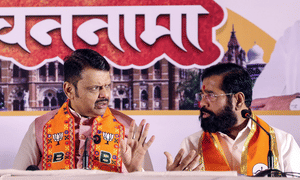
The Bharatiya Janata Party (BJP)–Shiv Sena alliance has strengthened its position in the Brihanmumbai Municipal Corporation (BMC) elections, with early trends showing the BJP emerging as the single largest party, leading in 98 wards. The BJP-Shiv Sena alliance leads in a total of 128 seats, with Shiv Sena accounting for 30 of those.
The Shiv Sena (UBT)–MNS–NCP(SP) alliance appears to have stalled, currently leading in only 68 wards. Within this coalition, UBT leads in 59 seats, MNS in 9, and NCP(SP) has not secured a lead in any ward. The Ajit Pawar-led NCP has also failed to make an impact, showing zero leads across Mumbai’s 227 wards. The Congress has gained an edge in 14 wards, while its alliance partner, the Vanchit Bahujan Aaghadi, has yet to register a lead in the BMC.
Beyond Mumbai, the BJP has maintained a strong performance across 28 other municipal corporations. Early trends indicate the party leading in Nagpur, Pune, Thane, Nashik, and Shambhajinagar. In Nagpur, the BJP is ahead in 113 of 151 wards, while Congress leads in 30. In Pune, BJP leads in 90 seats, compared with just 20 for the NCP alliance and 10 for the Congress-UBT coalition. In Thane’s 131 wards, BJP continues as the single largest party with 29 leads. Ajit Pawar’s NCP has 4 seats, while the UBT-MNS-NCP(SP) alliance holds a combined 5.
Meanwhile, in Jalgaon, three members of the Kolhe family—Lalit Kolhe, Sindhutai Kolhe, and Piyush Lalit Kolhe—celebrated wins in the Jalgaon Municipal Corporation (JMC) elections. The BMC elections were held after an eight-year gap, with the previous polls conducted in 2017 and the last mayoral term ending in March 2022 under Kishori Pednekar. With the completion of this election, Mumbai is set to get a new mayor after nearly four years.
Disclaimer: This image is taken from ANI.
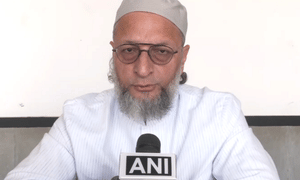
AIMIM president Asaduddin Owaisi expressed serious concern about the safety of Indian students stranded in Iran due to the ongoing unrest and urged the Central government to urgently implement an evacuation plan. While welcoming the recent conversation between External Affairs Minister S Jaishankar and his Iranian counterpart, Owaisi emphasized that immediate action on the ground was necessary.
He said he had been contacted by anxious parents of Indian students studying at Shahid Beheshti University, which currently has around 70 to 80 Indian students enrolled, including several from Hyderabad. Owaisi pointed out multiple difficulties faced by the students and their families: communication has been disrupted due to internet shutdowns in Iran, parents are unable to arrange travel tickets, and many families lack the financial means to bring their children home.
He also alleged that university authorities are holding on to students’ passports and preventing them from leaving the country. Describing the situation as emotionally devastating, Owaisi said parents are deeply distressed and fearful because they cannot communicate with their children and have no clarity about their safety. He appealed to the Government of India to quickly formulate a comprehensive evacuation strategy for the hundreds of Indian students currently in Iran, stressing that swift intervention is necessary to avoid further panic and suffering.
Separately, speaking about the Maharashtra local body elections, Owaisi urged citizens to actively participate in voting across the 29 municipal corporations, including the Brihanmumbai Municipal Corporation. He stated that the elections provide people an opportunity to express their political choices and added that AIMIM had conducted a strong campaign and was optimistic about the outcome. Commenting on speculation regarding a possible alliance between the Thackeray brothers, Owaisi said any political impact would remain limited to Mumbai and would become clear once the voting results were known.
Disclaimer: This image is taken from ANI.



The Department of Justice launched a criminal investigation into Jerome Powell, the Federal Reserve chair and longtime adversary of Donald Trump. In an unusual turn, central bank leaders and top bankers in the U.S. resisted the Trump administration’s pressure. This week, Jonathan Freedland talks with economist Heather Boushey about why challenging Wall Street could be a battle the president may come to regret.
Disclaimer: This podcast is taken from The Guardian.

Polls have begun in Myanmar for its first nationwide election since the military overthrew the democratically elected government of Aung San Suu Kyi in the 2021 coup. The vote is being conducted under strict limitations and is only taking place in roughly one-third of the country’s 330 townships, as ongoing civil conflict between the military and various resistance groups has made many regions inaccessible. To discuss the situation, Andrea Heng and Hairianto Diman spoke with CNA Senior Correspondent Leong Wai Kit and Christopher Lamb, former president of the Australia Myanmar Institute, former Australian Ambassador to Myanmar from 1986 to 1989, and Honorary Associate Professor at the University of Melbourne.
Disclaimer: This podcast is taken from CNA.

A new law in Texas now permits residents to sue abortion pill providers in other states. Supporters argue it helps enforce Texas’ abortion restrictions, while critics are concerned about how plaintiffs might gather evidence. In this special episode, Carter Sherman, the Guardian US reporter on reproductive health and justice, talks with individuals who provide, use, or protect abortion pills, as well as those opposing them in Texas.
Disclaimer: This Podcast is taken from The Guardian.

Erika Kirk, widow of the late right-wing activist Charlie Kirk, has expressed openness to backing JD Vance if he runs for president in 2028. Meanwhile, Katie Miller, wife of White House deputy chief of staff Stephen Miller, hosts senior Republicans on her podcast to engage with conservative women. The Trump administration is also crafting policies aimed at baby boomers to attract female voters ahead of the midterms. Jonathan Freedland discusses this Republican effort to appeal to women with Guardian columnist Arwa Mahdawi.
Disclaimer: This Podcast is taken from The Guardian.






